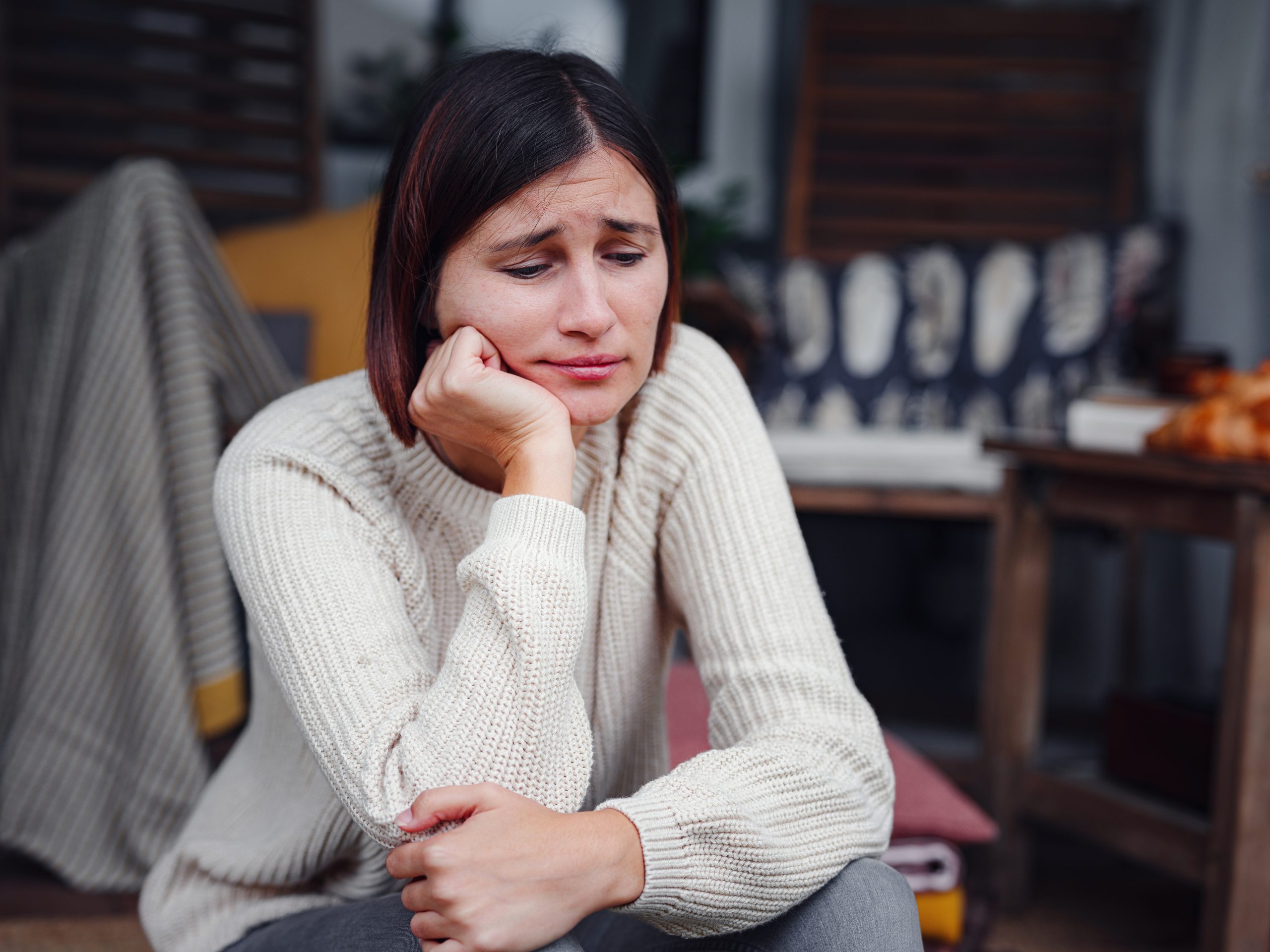
Stress, anxiety, and worry have been important to humans for many years, humans basically rely on it. it helps us sense threat and keeps us alert. However, in modern day, due to many different things, anxiety can become unboreable.
What is the difference between anxiety and worry?
|
Anxiety |
|
|
Worry |
|
Anxiety is an emotional state, characterised by fear, however, worry is a specific process involving repetitive thoughts about specific concerns or problems. Both are normal responses to challenges in life, but when they become constant is when you should try different approaches to managing them.
How is anxiety diagnosed?
Diagnosis usually begins with a visit to your GP or a mental health professional. You will discuss your symptoms, concerns, and medical history. It is very important that you open up about the way you are feeling and your experiences.
To get diagnosed with any type of anxiety disorder, your symptoms should meet a specific criterion. This will help your GP give an accurate diagnosis for whatever type of anxiety disorder you may have.
Sometimes a physical exam may take place to rule out any undiagnosed medical conditions. Because some medical conditions can contribute to the anxiety symptoms you may be having. So, this is an important step to the diagnosis process.
Your GP could spot any other possible mental health conditions you may have that have similar symptoms to Anxiety, like depression or PTSD.
How is anxiety treated?
Professional help
- Cognitive-Behavioural Therapy CBT: is a common psychotherapy that helps individuals identify and manage anxious thoughts and behaviours, it focuses on the relationship between a person’s thoughts, emotions, and behaviours. CBT aims to help individuals identify and change negative thought patterns and behaviours that may contribute to psychological distress and emotional problems.
- If you see your GP, they can prescribe you medication if needed.
Self-help techniques
- Deep breathing: Practice deep, breathing to calm your nervous system. Inhale deeply through your nose for a count of four, hold for four, and then exhale through your mouth for a count of four.
- Regular Exercise: engaging in exercise makes you forget the thing you are anxious about. And releases feel-good endorphins.
- Healthy Diet: making sure you have fruits and vegetables in your diet will not only make you feel good about yourself and your body, but it also means your anxiety symptoms will lessen.
- Sleep: typically for adults, 7 hours of sleep is best, as this improves your overall mood. If you are sleep deprived, it can worsen your anxiety symptoms.
- Educate yourself: understanding your triggers and, and understand what anxiety actually is, it will help you manage it way more effectively.
- Social Support: Talk to friends and family about your feelings. Sometimes, just sharing your worries with someone you trust can be very therapeutic.
- Avoiding alcohol and drug use: alcohol and drug use can make anxiety symptoms worse, and it makes the treatment you are given less effective.
- Set yourself realistic goals: try not putting too much pressure on yourself. Be kind to yourself and set tasks into manageable steps.
Remember that treating anxiety is a process that may take time. What works best for you may vary, so it’s important to be patient with yourself and seek help if needed. If you experience severe anxiety symptoms or have thoughts of self-harm or suicide, seek immediate help from a healthcare professional or a crisis helpline in your area.
Have a look at our blog about the common symptoms of anxiety:
